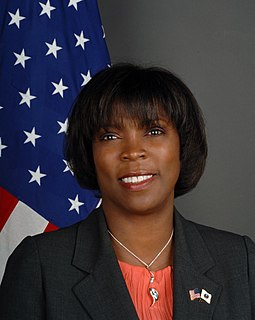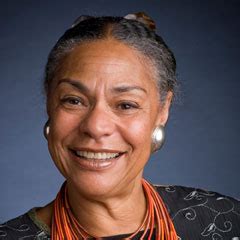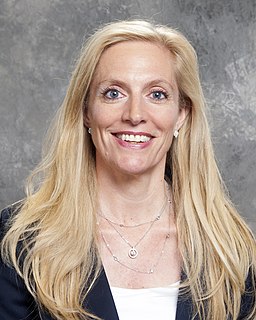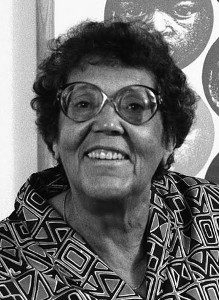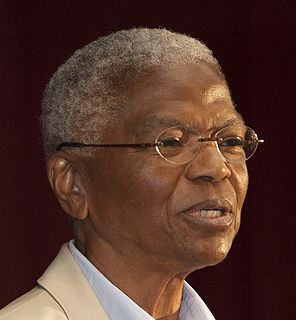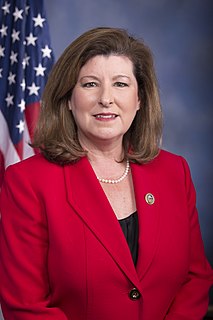A Quote by Ertharin Cousin
The majority of small-holder farmers in Africa are women and, in urban areas, you're primarily looking at women-led households. So we can't solve hunger if we don't have gender-sensitive programming that addresses access to opportunities for women, whether it's through education or tools for cooking, like solar-powered stoves.
Related Quotes
There may be countries [where] there's no gender inequality in schooling, even in higher education, but [where there is] gender inequality in high business. Japan is a very good example of that. You might find cases in the United States where at one level women's equality has progressed tremendously. You don't have the kind of problem of higher women's mortality as you see in South Asia, North Africa, and East Asia, China, too, and yet for American women there are some fields in which equality hasn't yet come.
Women need the education and training, particularly since more and more women are heads of their households, as much or more than anybody else...And it's hard for them to leave their families when they don't have somebody to take care of them....It's a vicious cycle that's affecting women, particularly in a part of the country like this, where mining is the mainstay; traditionally, women have not gone into that line of work, to say the least.
The fact that women begin to avoid running for public office because of the harassment and sometimes even violence that they face as a hazard, it means that the world is being robbed of extraordinary leadership that women can bring to bear. And of course, if women as professionals begin to look at making career choices because they're looking at whether Am I going to be safe or not? You can imagine the missed opportunities that are out there for women.
